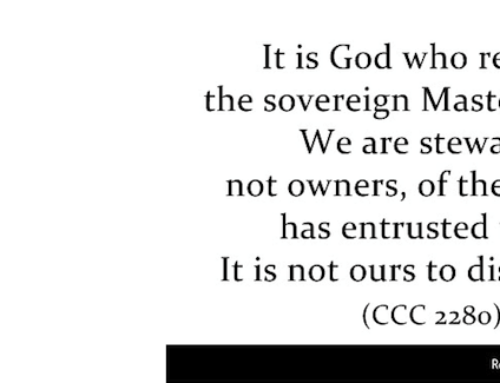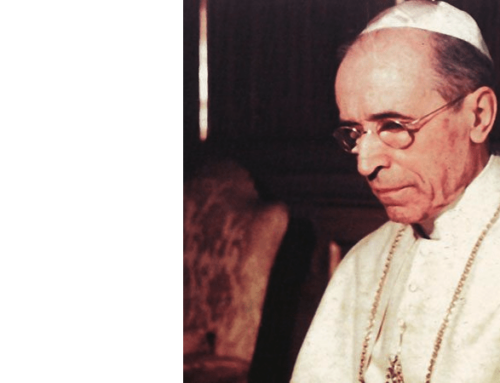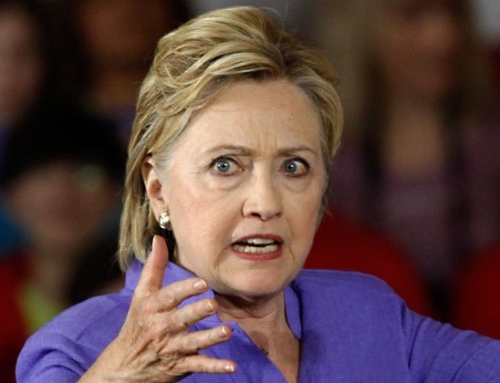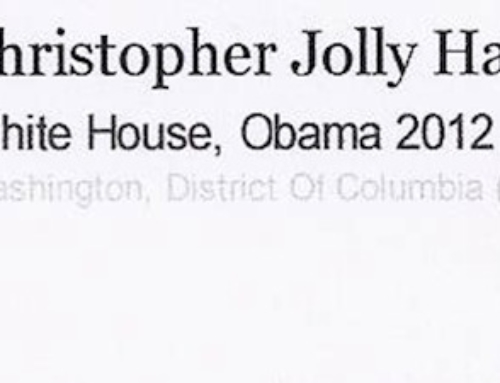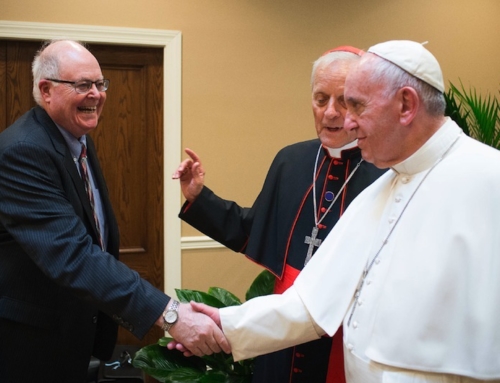by Bill Donohue
This article was originally published by Newsmax on August 19, 2014.
Many commentators are making the mistake of searching for the “root causes” of the Ferguson riot. The nightly outbursts are obviously not a reflection of poverty and discrimination, because both conditions have receded dramatically in recent decades.
Admittedly, there is frustration with perceived police injustice, as well as anger at not moving forward economically as fast as other segments of society. But there are other factors at work as well, and they have nothing to do with oppression.
In 1969, University of Pennsylvania professor Edward Banfield published a controversial book on urban unrest, “The Unheavenly City.” He challenged many myths, among them the notion that riots are entirely the result of socio-economic causes. For example, he titled one of his chapters, “Rioting Mainly for Fun and Profit.”
Banfield identified several “accelerating causes” of riots, all of which are in play in Ferguson. TV coverage, he said, acted to recruit agitators from afar, and it also encouraged young men to enjoy the fun of smashing windows, setting fires, and throwing rocks. “The rioters knew that they had little or nothing to fear from the police and the courts,” he adds. Finally, a sense of not getting what they deserved fueled the anger.
What Banfield said is relevant today. Ferguson Mayor James Knowles observed that “a lot of people aren’t even from our town, but they came in and stole from our businesses and left our town in ruins.”
Similarly, Capt. Ron Johnson of the Missouri State Highway Patrol said that some of those arrested came from as far away as New York and California. The police, he stressed, “came under heavy gunfire,” and the shooters knew the cops would not retaliate in kind.
The role the media are playing is central to the rioting. Here is how an MSNBC reporter put it: “The [Ferguson] residents have been pushing media back. They’ve been urging media to fall back. They’re saying that the media and the attention [are] encouraging some of the more violent reactions here.”
What’s changed since “The Unheavenly City” was published is the social media: It is no longer just TV that acts as bait for rioters; Twitter and other sources spread the word like wildfire.
Rioting is also seasonal. Consider the worst race riots in recent times:
- Watts (Los Angeles), August 1965
- Chicago, Cleveland, Atlanta, San Francisco, Summer 1966
- Newark, July 1967
- Detroit, July 1967
- D.C., Chicago, April 1968
- Miami, May 1980
- Brooklyn (Crown Heights), August 1991
- Los Angeles, April-May 1992
- St. Petersburg, October 1996
- Cincinnati, April 2001
- Ferguson, August 2014
Why is there is no such thing as a winter riot? Because it’s cold outside. Quite frankly, it’s not fun to riot when it’s freezing. Moreover, when the temperature rises, so do the passions. Heat also makes it likely that young men — it’s mostly young men — will take to the streets to act out.
Race, it needs to be said, has nothing to do with the seasonal aspect of rioting. The worst riot in American history, the New York City Draft riot, had racial overtones, but most of the thugs were Irish.
The riot that took place at the Chicago Democratic Convention, and the Stonewall riot in New York, were populated mostly by whites. The former took place in July 1863, and the latter two occurred in August 1968 and June 1969. It gets hot in June, July, and August.
If it were possible to control the weather, then producing heavy rain at night in high crime neighborhoods would work well. Absent that, while it is important to recognize the societal conditions that allow for urban violence, it makes no sense to overanalyze race riots. Some of what is driving the mayhem is nothing more than a debased appetite for “fun and profit.”
Dr. William Donohue is the president of and CEO of the Catholic League for Religious and Civil Rights. The publisher of the Catholic League journal, Catalyst, Bill is a former Bradley Resident Scholar at the Heritage Foundation and served for two decades on the board of directors of the National Association of Scholars. The author of five books, two on the ACLU, and the winner of several teaching awards and many awards from the Catholic community, Donohue has appeared on thousands of television and radio shows speaking on civil liberties and social issues. Read more reports from Bill Donohue — Click Here Now.


